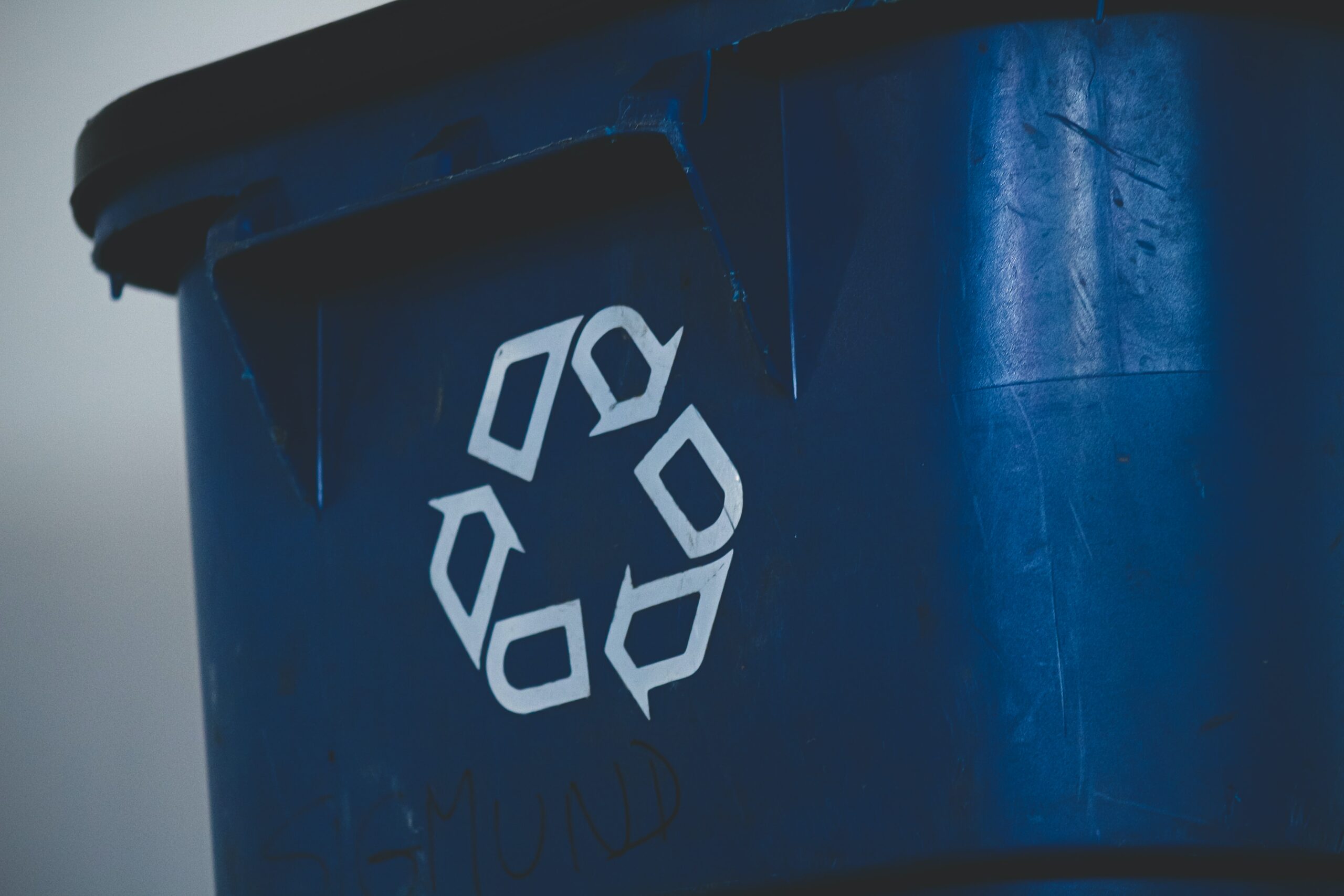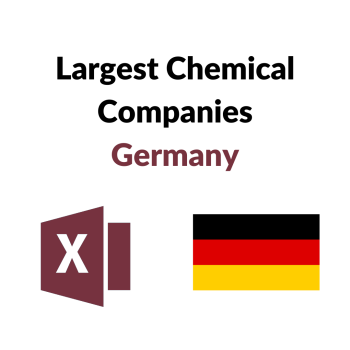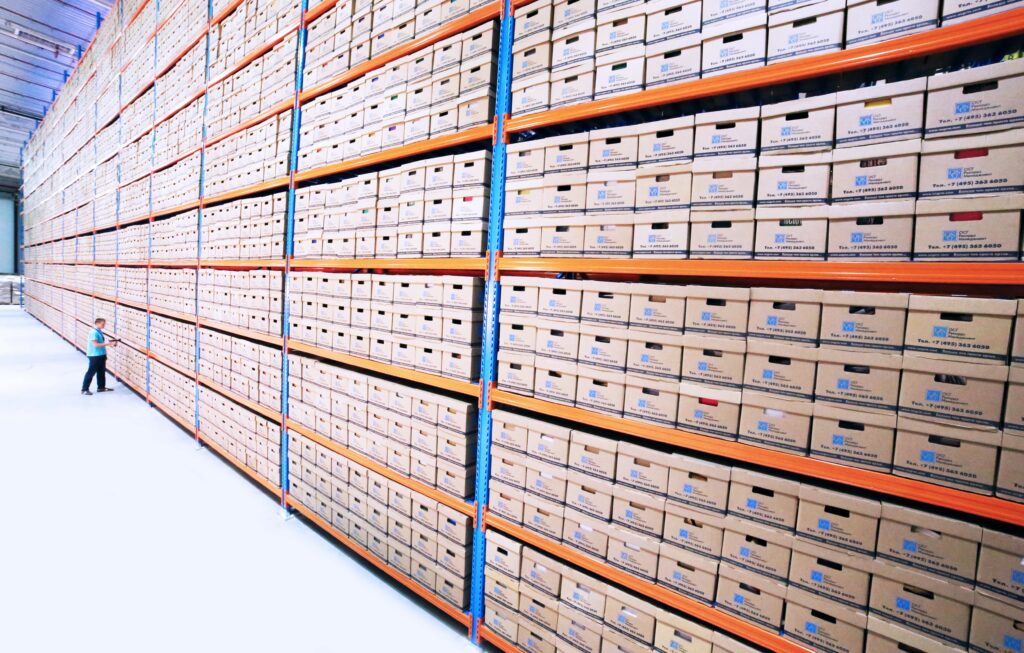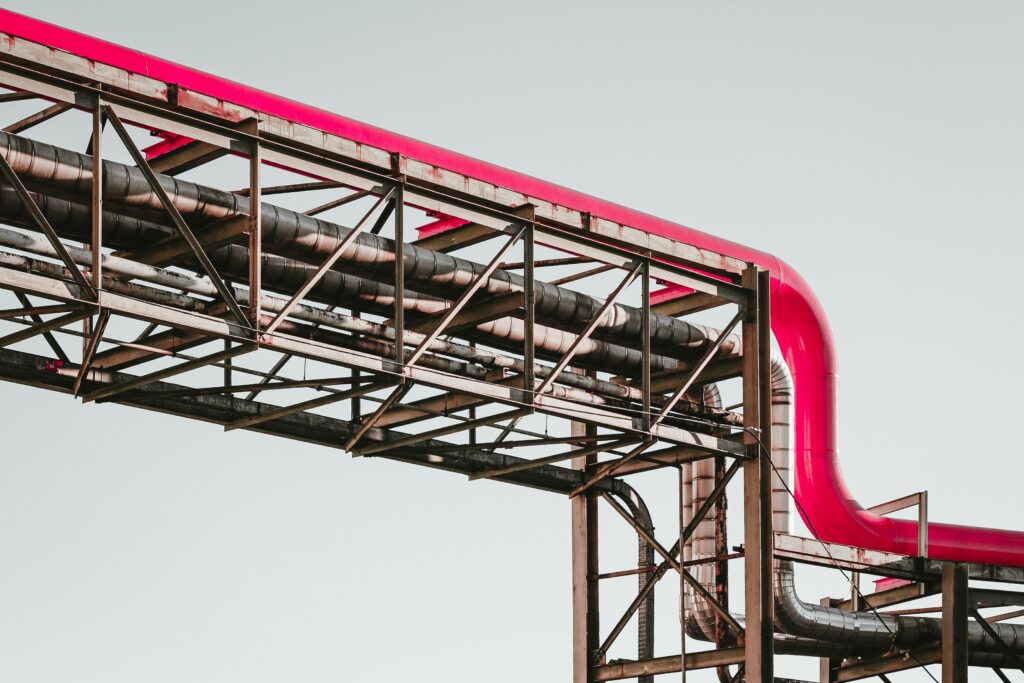In the circular economy, resource consumption and waste production are minimized through systematic reuse and targeted recycling. This circular idea is finding its way into more and more sectors of the economy. It not only corresponds to the principle of sustainability, but is also in line with the basic economic idea of efficiency. This makes the chemical giant BASF from Ludwigshafen all the more keen to get involved in the circular economy. This article is based on the unique List of the 600 largest chemical companies in Germany.
-
Rated 5.00 out of 5€349,99 Incl. VAT
- Article based on database of the 600 most important chemical companies in Germany
- Detailed information on the field of activity (transport logistics, warehouse logistics, industrial logistics, pharmaceutical logistics, food logistics, port logistics, etc.)
- Including: sales (2015-2018), number of employees, e-mail, address, telephone number, management, etc.
- Direct download as Excel file via the ResearchGermany online store possible
- Free preview file available on request
Annual recycling turnover of 17 billion euros by 2030
It is a strategic business area for which the Group has defined an annual sales target of €17 billion by 2030 – twice as much as today. BASF is therefore one of the largest companies in Germany. Starting in 2025, BASF wants to process at least 250,000 metric tons of recycled raw materials each year and thus replace resources obtained elsewhere. Three of the Group’s current projects fit seamlessly into this ambitious program.
In the course of e-mobility, around 1.5 million used batteries from electric vehicles will be produced annually by 2030. They contain valuable, reusable metals such as lithium, cobalt and nickel. As part of the recycling process, these raw materials can be recovered and reused. The CO2 footprint of this form of raw material extraction is 25 percent lower than natural mining.
BASF also wants to be a pioneer in plastics recycling. Around 250 million metric tons of plastic waste are produced worldwide every year. Only a small proportion of this is recycled. The rest pollutes the environment. BASF researchers have developed special processes to stabilize and improve the quality of recycled materials.
New renewable raw materials also play an important role in BASF’s program. In the future, the rambutan program will supply high-quality natural starting products for the cosmetics industry. The rambutan tree – a relative of the lychee tree – contains valuable substances that have not yet been widely tapped.
Source: Recycling Magazin Image source: Unsplash
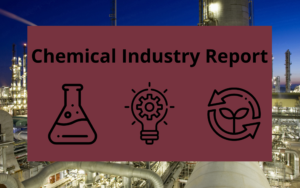 In our industry report of the German chemical industry you will find detailed information on areas of activity, an overview of the locations and clusters of the chemical sector, key financial figures as well as insights into the gender distribution and sustainability efforts of the sector.
In our industry report of the German chemical industry you will find detailed information on areas of activity, an overview of the locations and clusters of the chemical sector, key financial figures as well as insights into the gender distribution and sustainability efforts of the sector.

